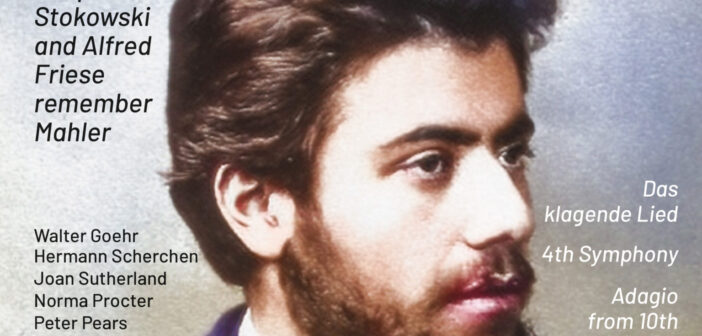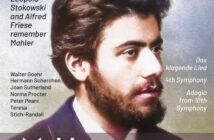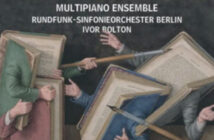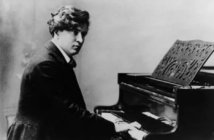This page is also available in / Cette page est également disponible en:
![]() Francais (French)
Francais (French)
-
Somm4
The death of composer Alexander Goehr last August reminded obituarists of the vital contributions his refugee father Walter Goehr had made to insular British culture. Walter worked as a house conductor for EMI and for one of the BBC’s weaker orchestras. He is remembered chiefly for giving the 1953 UK premiere of Olivier Messiaen’s Turangalia Symphony, but he also introduced a gamut of novelties from Monteverdi to Mahler, Schoenberg and Stravinsky to Britten and Tippett.
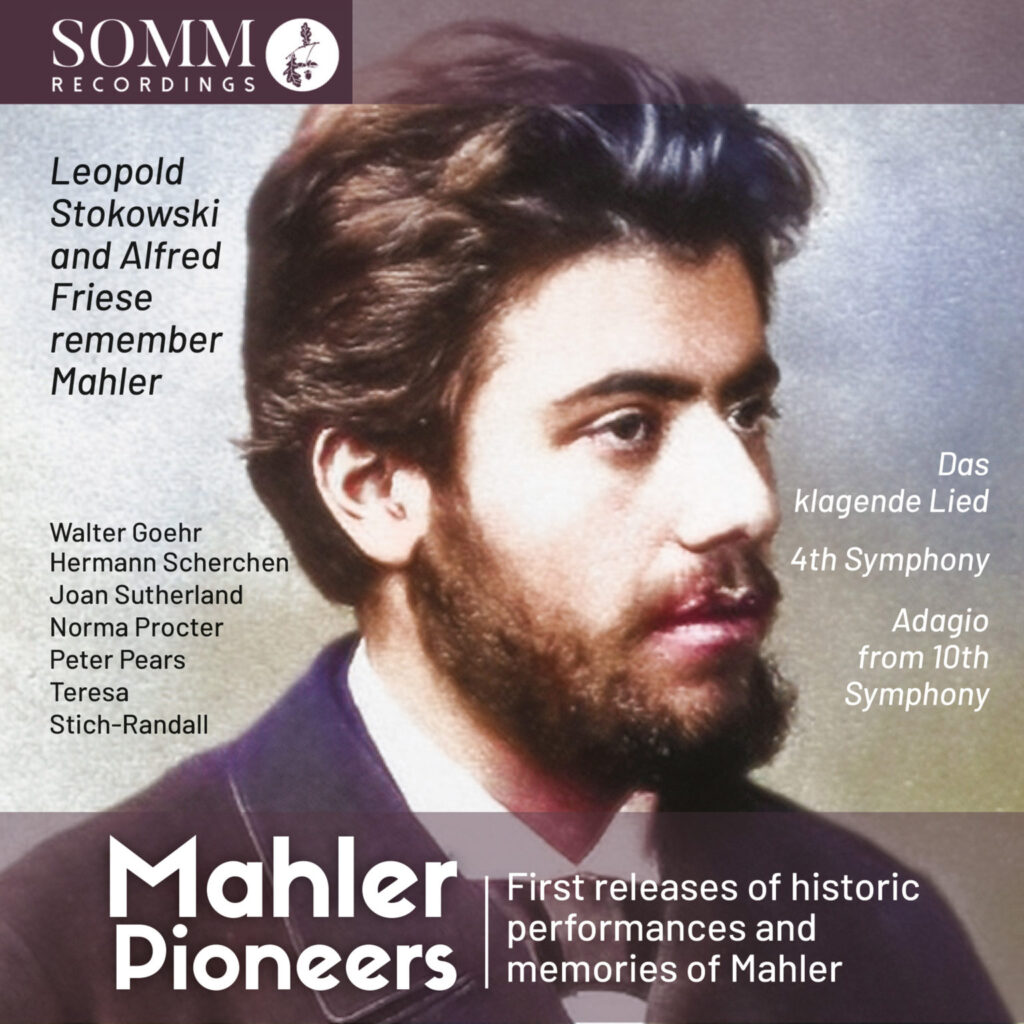
Goehr’s studio performance of the fourth symphony with soloist Teresa Stich-Randall, in the BBC’s 1960 Mahler cycle, takes a less laconic approach than other Mahlerians, finding the gloomier side of the slow movement and the folksier aspect of the finale. Overshadowed by more significant personalities in the Mahler revival, it failed to raise Goehr from relative obscurity. He died that year, aged 57, after a Sheffield concert of Handel’s Messiah. Completing this admirable Somm album is a 1948 chunk of Mahler’s tenth, conducted by Hermann Scherchen.
No less essential to Mahler seekers, though familiar from previous reissues, are the Dutch recordings of Willem Mengelberg, issued by a society that bears his name. Mengelberg dashes off the fastest-ever fifth-symphony Adagietto in seven minutes and the craziest opening to the fourth symphony, beside which Goehr sounds half-asleep. There is also a November 1939 concert of Fahrenden Gesellen songs, with Hitler banging at the gates. Irresistible.
This page is also available in / Cette page est également disponible en:
![]() Francais (French)
Francais (French)

